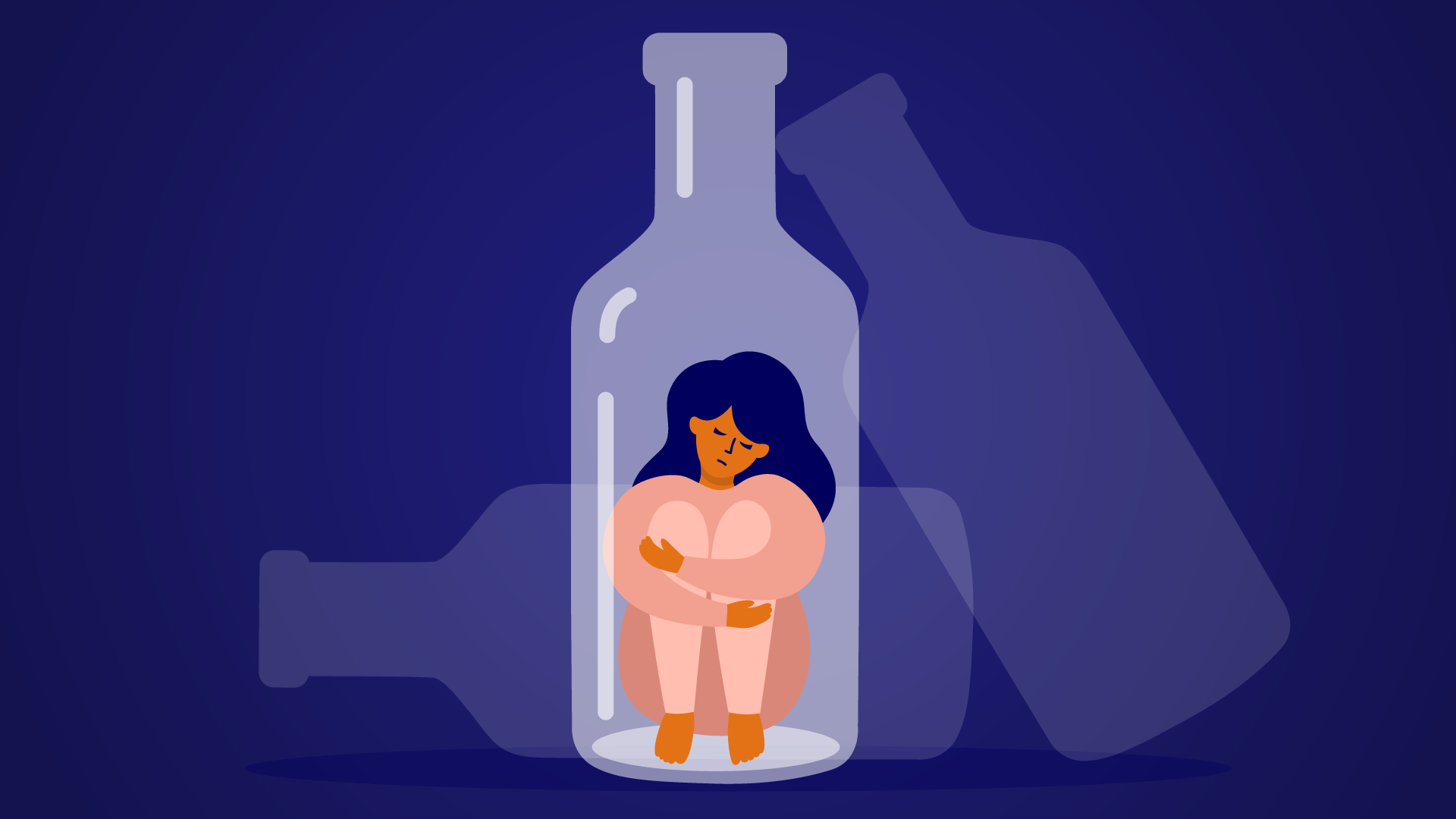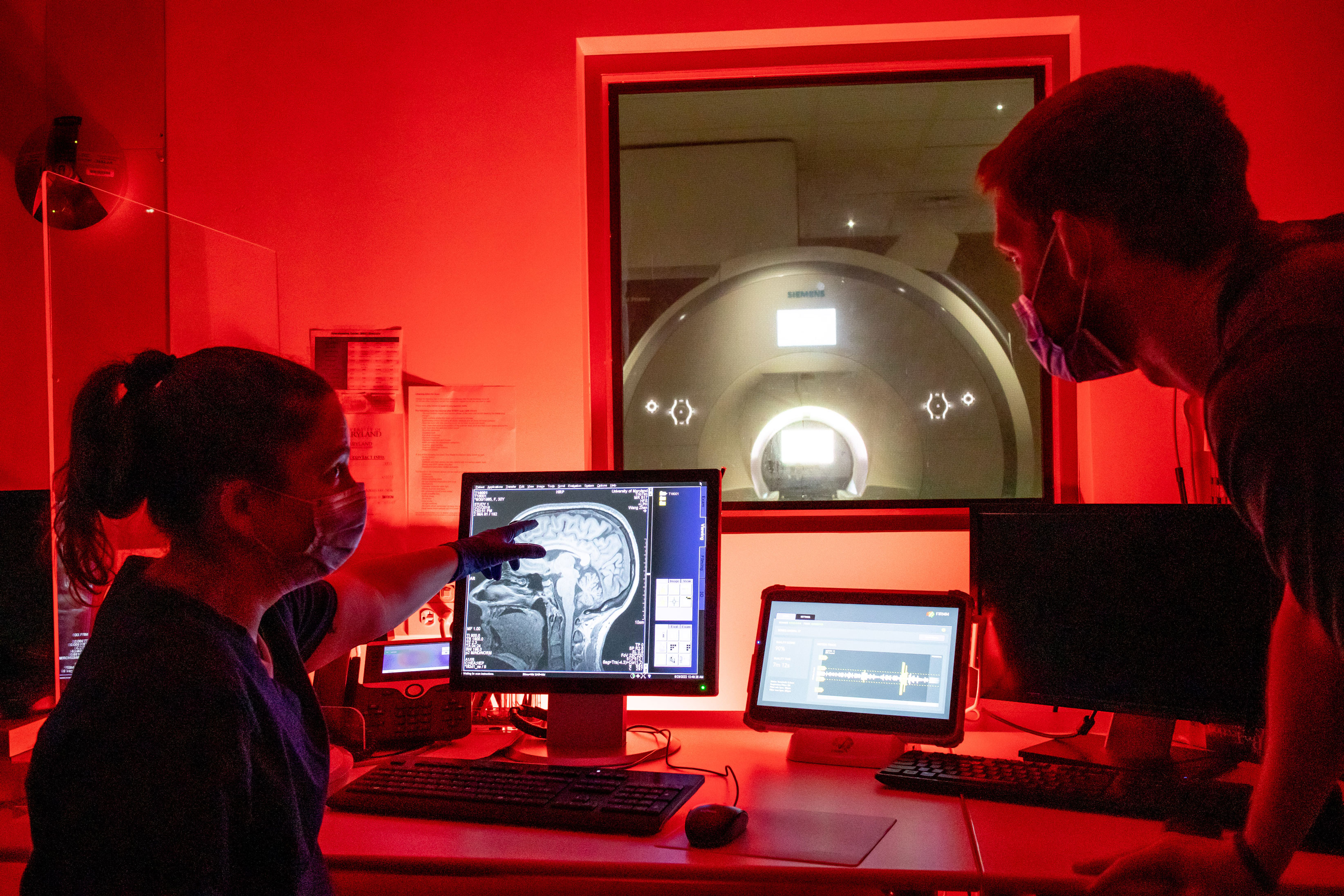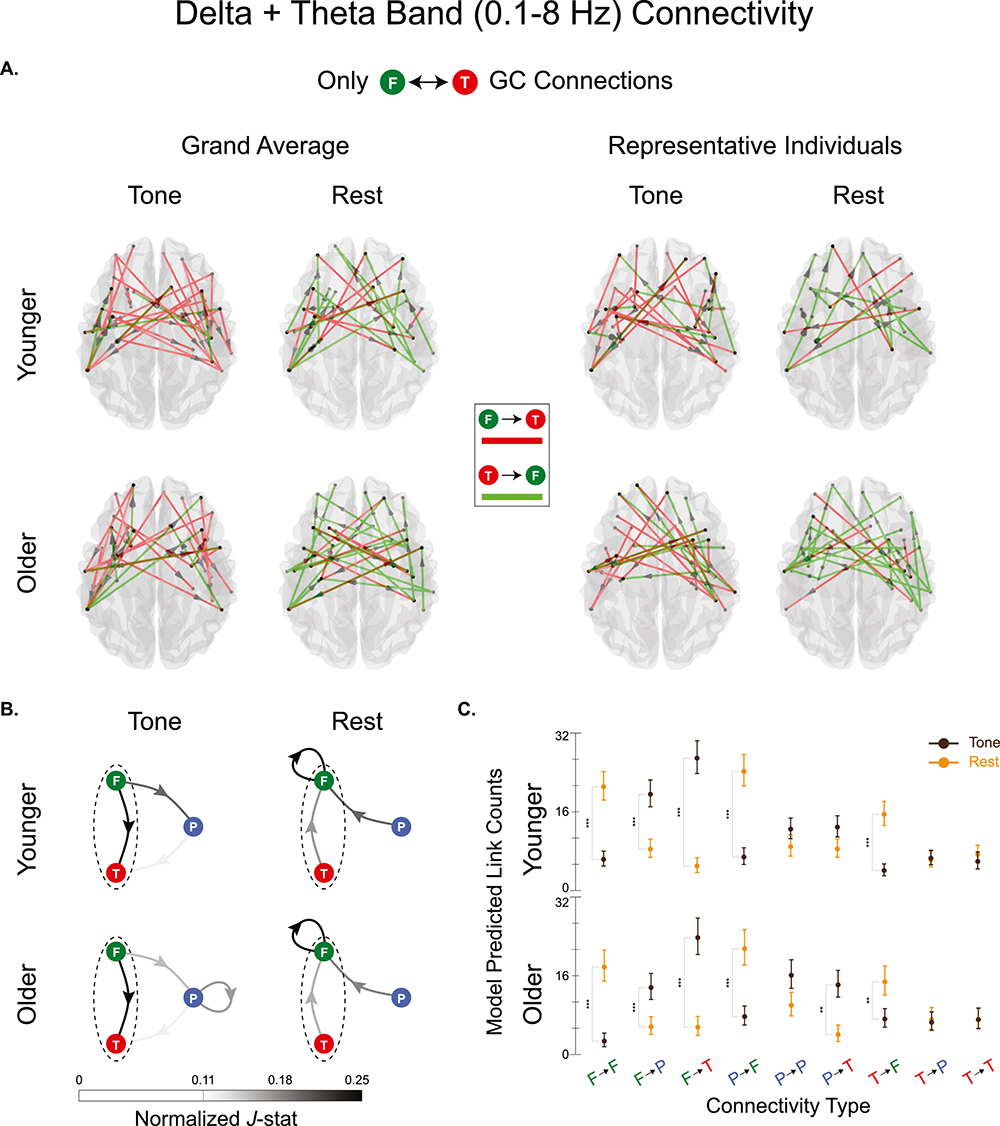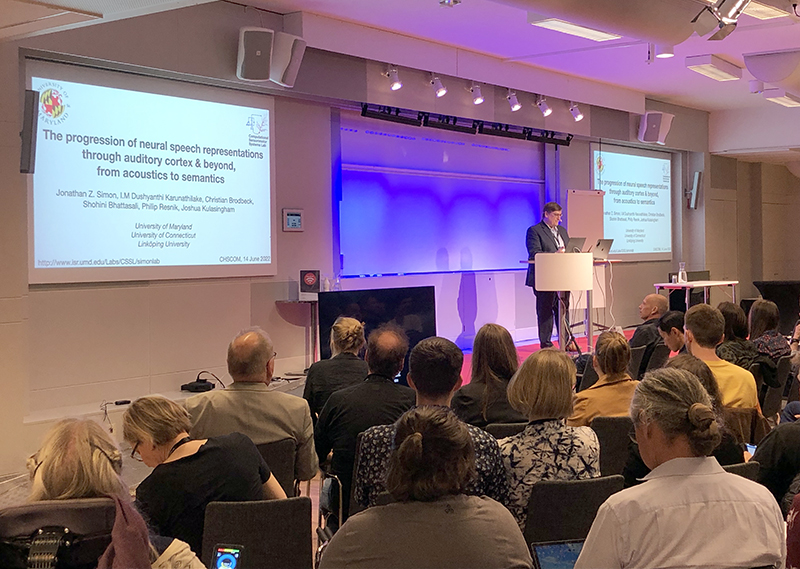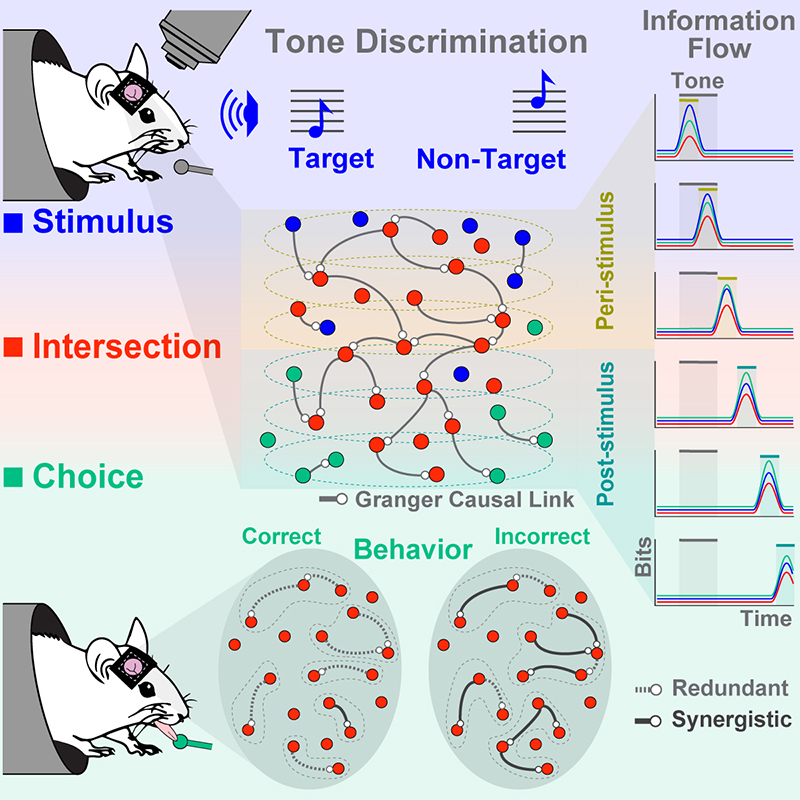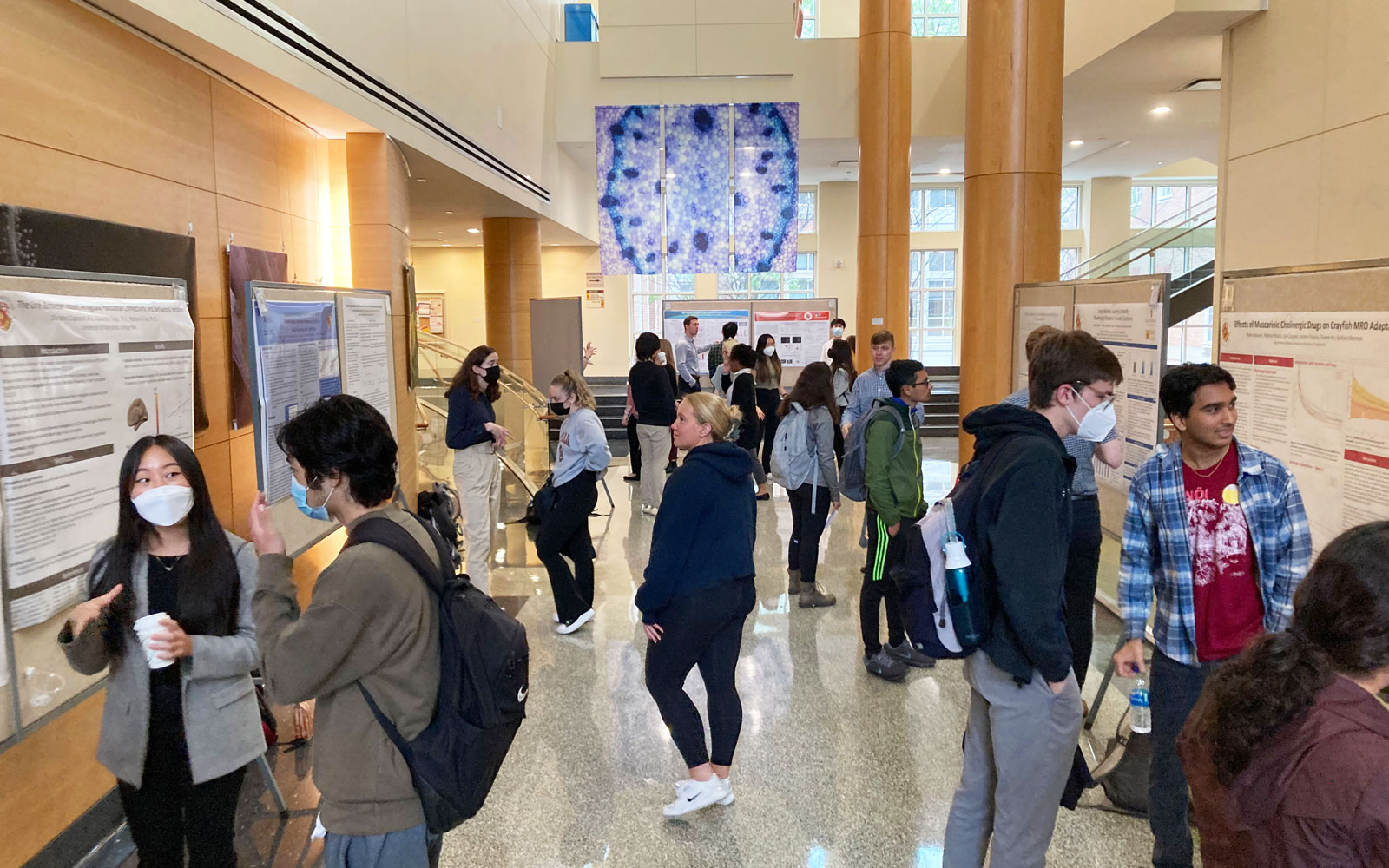News Story
UMD to Help Lead Nationwide Study of Early Childhood Brain Development, Impact of Early Adversity

The University of Maryland has been chosen as one of 25 institutions across the country to implement the HEALthy Brain and Child Development study, a multi-year project that will recruit a diverse cohort of pregnant people and follow them and their children into early childhood. (Photo by iStock)
University of Maryland (UMD) researchers will help lead a landmark national study to analyze the influence of prenatal substance use and other environmental impacts on brain development and behavior in infants and children and provide new insights on healthy brain development overall.
The National Institute of Drug Abuse (NIDA), in collaboration with several other NIH institutes, selected the University of Maryland as one of 25 institutions across the country to implement the HEALthy Brain and Child Development (HBCD) study. This large, multi-year project will recruit a diverse cohort of pregnant people and follow them and their children into early childhood. Researchers will examine typical developmental trajectories and how prenatal and postnatal exposure to alcohol, drugs and other adversities like poverty and trauma impact the structure and function of the brain, as well as the development of social, emotional and cognitive processes.
Researchers will utilize brain imaging methods—specifically, magnetic resonance imaging (MRI) conducted at the Maryland Neuroimaging Center and electroencephalograms (EEG) collected at the UMD Child Development Lab—to track brain development over time and assess which factors alter developmental patterns.
The UMD research team will receive more than $1 million per year over the first five years of the project. Distinguished University Professor of Human Development Nathan Fox, one of UMD’s principal investigators for the study, will lead the collection of EEG data for the national consortium.
“We have never seen a study of this magnitude combine data from so many mothers and infants all across the country, so it’s important we’re all using the same methods and metrics,” Fox said. “We will be collecting information on the families as well, which will help us identify risk and resilience factors that could have major policy implications.”
In addition to analyzing whether early adversity has lasting effects on brain development, researchers say the study will provide critical information that’s currently unavailable on healthy brain development trajectories.
“When parents take their children to the pediatrician, they can see how their child’s body is growing relative to a growth chart, which is based on data from thousands of children over a long period of time,” said Tracy Riggins, associate professor of psychology and another principal investigator for the study. “We don’t have anything like that for early brain development, but a study like this will help us map that out.”
Brenda Jones Harden, Alison Richman Professor for Children and Families at the University of Maryland, Baltimore’s School of Social Work and the third principal investigator for the UMD project team, will head up recruitment and retention of participants and families through hospitals in the University of Maryland system, as well as other clinics and community-based organizations. A portion of the participants will be women known to be using substances during pregnancy, while some will be from the same communities but with no known substance use, and others will be from different communities with low risk of substance use and other influences such as poverty and trauma.
“I am excited to begin this project with my colleagues at UMD and across the country as it has the potential to contribute to the emerging literature on the cumulative impact of early adversity as well as factors that contribute to resilience in children over time,” said Harden. “Documenting the relationship between the level of adversity and brain and behavioral processes, and considering how this evidence informs child and family policy, are particularly compelling goals of this project.”
Additional researchers from the UMD College of Behavioral and Social Sciences (BSOS), College of Education and School of Public Health will be involved in the HBCD study, as well as from the School of Social Work and the Department of Obstetrics at the University of Maryland Medical Center in Baltimore. BSOS and the Brain and Behavior Institute helped secure an upgrade to the current scanner necessary to complete the research.
HBCD is funded by 10 institutes and offices at the National Institutes of Health, and the Helping to End Addiction Long-termSM Initiative, or NIH HEAL InitiativeSM, and is led by the National Institute on Drug Abuse.
Original story by Sara Gavin in Maryland Today.
Published October 1, 2021

